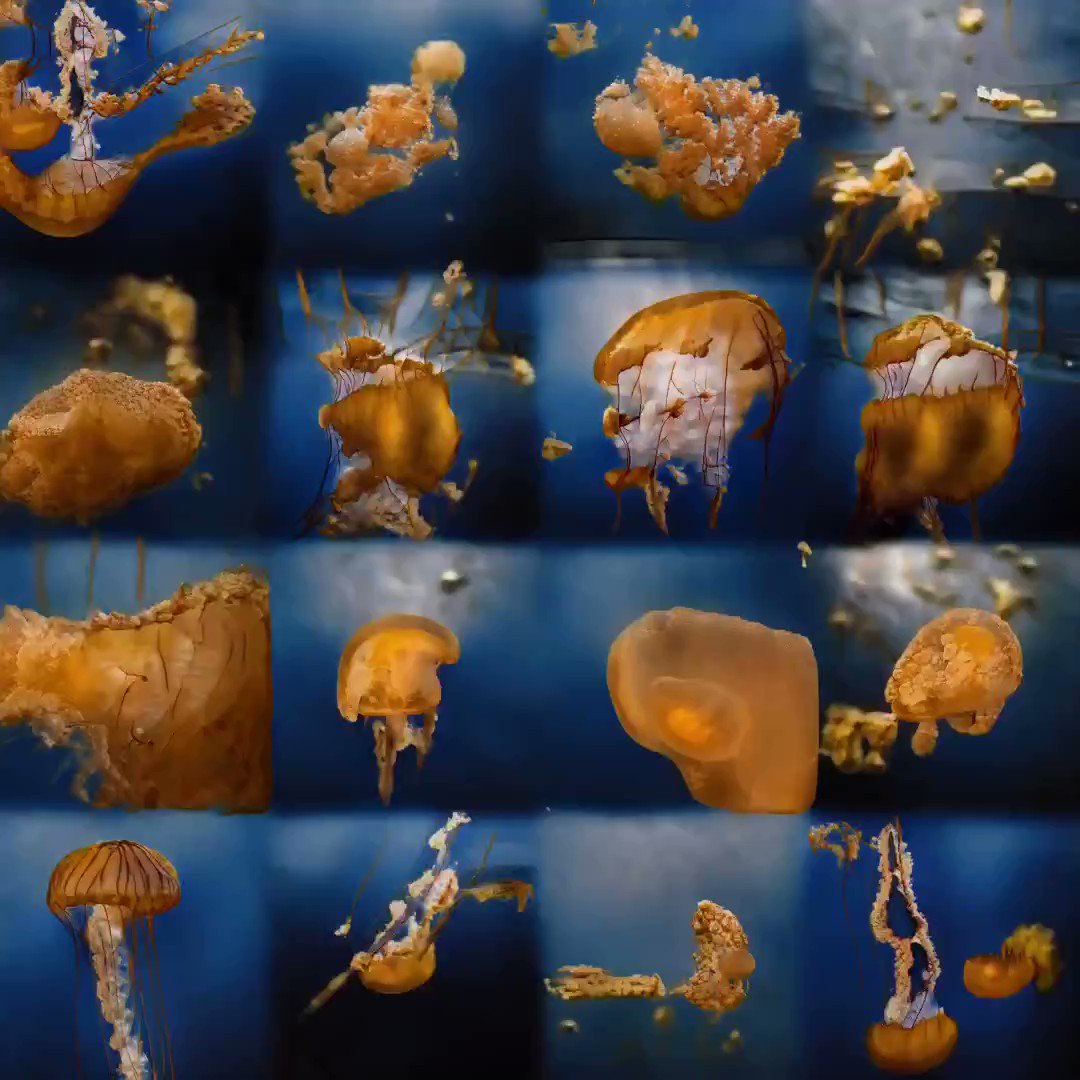FemGen — A Conversation With Sofia Crespo
Leading Women in Web3 Interview Series


Sofia Crespo is known for her innovative work exploring the intersection of nature and technology. Her work explores the intersection of biology-inspired technologies and creative expression, delving into the ways in which organic life uses artificial mechanisms to simulate and evolve. As a co-founder of Entangled Others Studio and member of the Sovereign Nature Initiative, Crespo is deeply invested in re-conceptualizing the relationship between ecology, economy, and emerging technologies.
Her unique perspective on the role of AI in artistic practice and her focus on the relationship between organic life and artificial mechanisms have earned her recognition and acclaim. Crespo’s work has been featured in major publications and exhibited at prestigious venues such as Art Basel, Vellum LA Gallery, and the LA Public Library. She has also been recognized by the New York Times, STIR World, and Trebuchet Magazine. Withh her works on display across a diversity of spaces from on outdoor billboards at Wilton Park Dublin, to her recent TED talk exploring AI-generated creatures that stretch the boundaries of imagination.
With her unique perspective and innovative approach, Crespo is pushing the boundaries of what is possible in the realm of art and technology.
What inspired you to start to code? Who were your role models and/or teachers?
A friend of mine got me once, as a birthday present, a ticket for a workshop on AI Art led by Gene Kogan, after going to this workshop I really became fascinated by all the possibilities and that led me to want to learn more, so I signed up for a longer workshop led by him, at the School of Machines in Berlin.
Tell me about your techniques for overcoming creative blocks, learning to code, and collaborating with others please?
Diving tends to help with my creative blocks, if I could, I would do it daily! Other things that help are stepping away from the computer and engaging with what personally inspires me, but it is important to remember this takes time and patience, it’s not something I can switch on and off on command.
For collaborating with others I believe communication is the most important, not assuming one’s own priorities are shared by the other person, opening space to listening to what is important to them. Art can be deeply personal, so making room for their artistic journey is important. Sometimes it’s also equally important to see when something doesn’t work and to just accept that without holding resentments.


VCA x RightClickSave (Left) | Sofia Crespo, Sofia Garcia, IX Shells (Right)
Could you please explain what being part of the FEMGEN panel talk this year at ArtBasel Miami meant to you?
I am happy to have had the chance of being a part of it, especially because I got to participate with two people that have been very meaningful to me, Ix Shells & Sofia Garcia.
During the panel talk you said “I love the idea of automating consumption.” — please give us some context?
It’s basically the idea that as we automate generation and as people ask if artists will be replaced by machines, we could equally ask if the art consumer will be replaced by machines too. This isn’t something I invented, artist Alex Reben has been exploring this already with his robots. I love the idea of automating the consumption of art because it forces us to ask ourselves why we engage with what we engage and to see ourselves from an external perspective where everything can ultimately be automated, even if that defeats the goal of the original task.
You returned to Mexico this year (for CDMX) for the first time since your youth, inspired by your Mother’s research of environmental law if I am not mistaken? How has this heritage shaped your work? Especially with respect to climate change and its impact on biodiversity.
My mom wrote an essay on ecofeminism back in 1999 in which she argued that climate change and gender discrimination are inherently connected. She has been a huge inspiration as she taught me not just about issues that were happening i.e. companies polluting large natural areas, but also how to think about a problem of responsibility, and how to break it down into pieces to understand it. Looking back she’s the person who shaped my logical thinking the most, and although I never became a scientist, my admiration and respect for science. She also taught me that I should strive to fight for the things I believe in, and sometimes that process of fighting can take many different shapes, sometimes it can mean learning, other times it can even mean making art.
Lastly, at BRT moments, you teased “excerpts from a book that never was” — care to explain that book please?
It’s a book project that I’m hoping to release at some point, as a gathering of all the works in that series (Artificial Natural History), which has directly been inspired by natural history archives. It’s worth pointing out that I’m taking my sweet time to do it because I think it deserves a high level of care and attention to detail, I don’t like rushing projects that are very meaningful to me.

Papa — linktr.ee/papajams







 42
42



